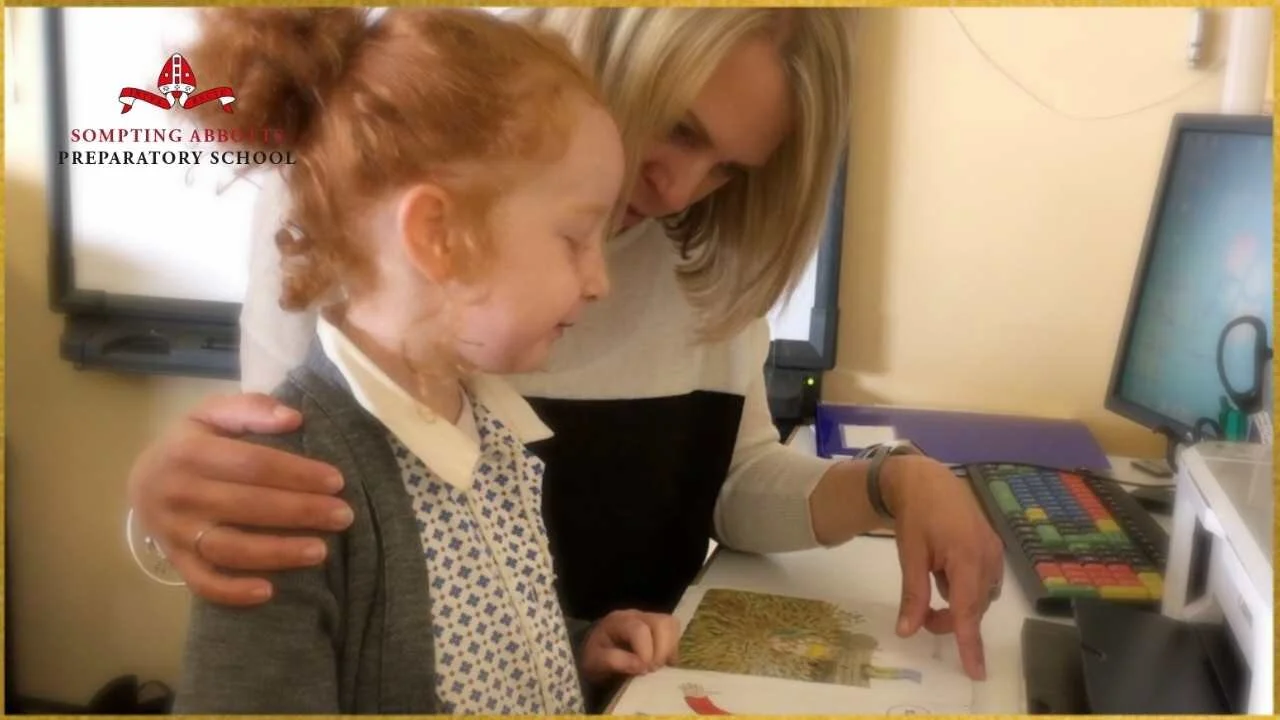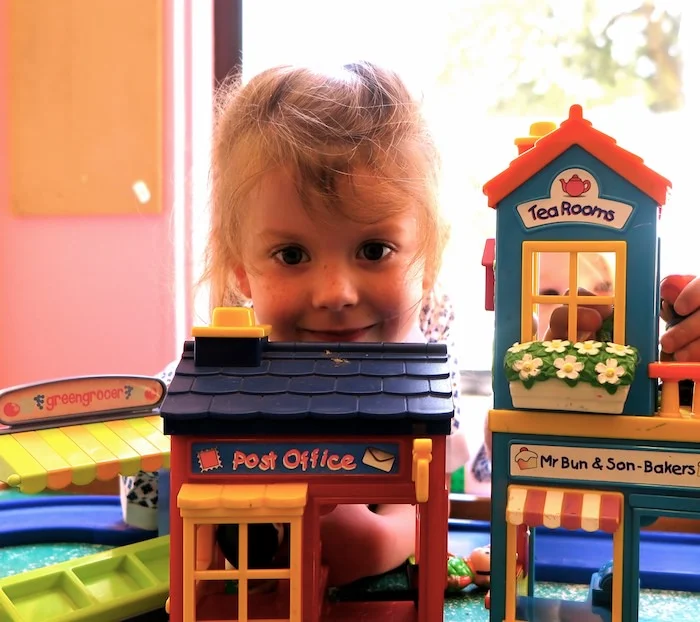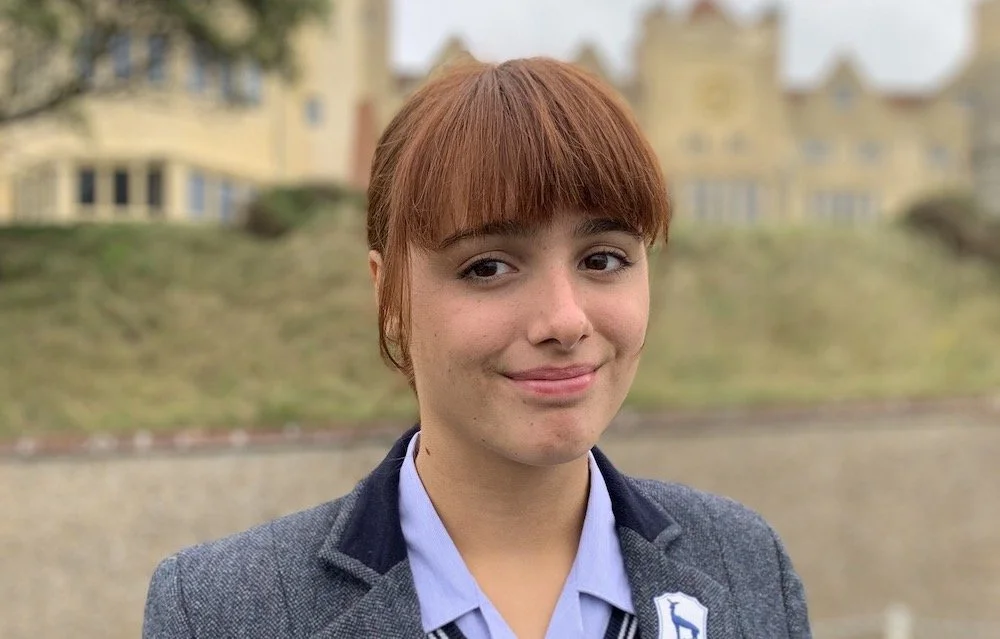How to tell if your child would benefit from special educational needs (SEN) support
/One-to-one learning support session at Sompting Abbotts Preparatory School
How do you know if your child may be helped by some additional specialist learning support? Read on to know what signs you should be aware of.
As a parent, you know your child. best. In my experience, parents tend to have a very good sense about how their child is experiencing learning.
Sometimes, though, you just have a niggling doubt that something isn’t ‘quite right’ or that the learning shouldn’t be ‘quite so hard’.
I always suggest to parents that if they have any nagging thoughts about their child’s cognitive, social or emotional needs, to talk through their concerns with their child’s teacher or SENCo or Headteacher.
As teachers, we see and compare hundreds of children. We also generally have national or assessment standards to benchmark against. So if you do have any doubts about your child, your first action is to talk to your child’s teachers or your Special Educational Needs Co-ordinator.
They can signpost you to the right professional for help and suggest ways your child can be better supported, whether there’s a specific learning difficulty or not.
If you don't agree with them, you can seek out a private educational psychologist report, or speak to your GP about a referral.
“The term ‘special educational needs’ can come with loaded assumptions. That’s why I prefer the term ‘neurodiversity’. It’s a recent term in a world of ever-changing ways of explaining what can be many different barriers to learning. Using it, I think, celebrates our differences, rather than implies a reliance on others.”
Special Educational Needs (SEN) is a legal term. It sets out the needs of a child who has a difficulty or disability which makes learning harder for them than other children in their year group.
UK Government figures show that the number of pupils in England with special educational needs (SEN) has increased for a third consecutive year to 1,318,300 in January 2019, representing 14.9% of the total pupil population. Some children have SEN right through their time in school.
SEN covers a broad spectrum of difficulty or disability. Children may have wide-ranging or specific problems. A child could have difficulty with one area of learning, such as letters or numbers. Or they might have problems relating to other children, or to adults.
Keeping it bottled up
There are children who, of course, hold it all together at school and let everything out at home. So, listening to what your child is saying about school and not brushing it off, is really important.
Make a note of what they say they dislike or (often) ‘hate’ or find ‘boring’ and you’ll probably have the cause of the problem right there.
A discussion with teachers or SENCO’s and headteachers will let you know if your child is academically on track for their age.
Of course, this doesn’t always work when it comes to friends and relationships. Learning how to keep and make new friends involves a number of skills young children need to learn and develop. Arguments are par for the course.
Children will go through undulating and sometimes turbulent times with their friends. This is all a normal – and necessary – part of growing up.
Even more essential is allowing children space and time to work out friendship problems by themselves. You can gently guide them with questions like: “What could you do about that?” or an encouraging: “It sounds like you handled that really well”.
Repeated meltdowns or emotional upset from a child, however, can be another matter. Those do need to be investigated and discussed with school and relevant professionals.
Signs to be aware of
If you do suspect your child might benefit from SEN support, there are some aspects for parents to be aware of. They centre around avoidance, behaviour and emotional responses.
For example, many learners with dyslexia love stories but the act of reading is too effortful for any enjoyment. So they’ll often avoid reading books, especially chapter books with no pictures.
Often learners with dyslexia, dyspraxia or working memory issues can be disorganised, find it hard to remember instructions or have difficulty with sequencing.
They might struggle, for example, with days of the week and months of the year and they might find concentrating difficult too.
Poor behaviour in class can often be indicative of an underlying need that needs to be carefully looked into.
Any strong emotional reaction that doesn’t subside within an appropriate time frame indicates the need for help and support from both home and school working together.
The right specialist help for your child
Specialist teachers, SENCOs and other teachers professionals may have a very good idea about which learning barrier is presenting itself.
However, only an educational psychologist, clinical psychiatrist or specialist dyslexia assessor can diagnose a neurodiversity. Some parents opt to not have a ‘label’.
The term ‘special educational needs’ can come with loaded assumptions. That’s why I prefer the term ‘neurodiversity’. It’s a recent term in a world of ever-changing ways of explaining what can be many different barriers to learning.
Using it, I think, celebrates our differences, rather than implies a reliance on others.
Post author
Karen Ormerod, Learning Support Tutor at Sompting Abbotts Preparatory School












































